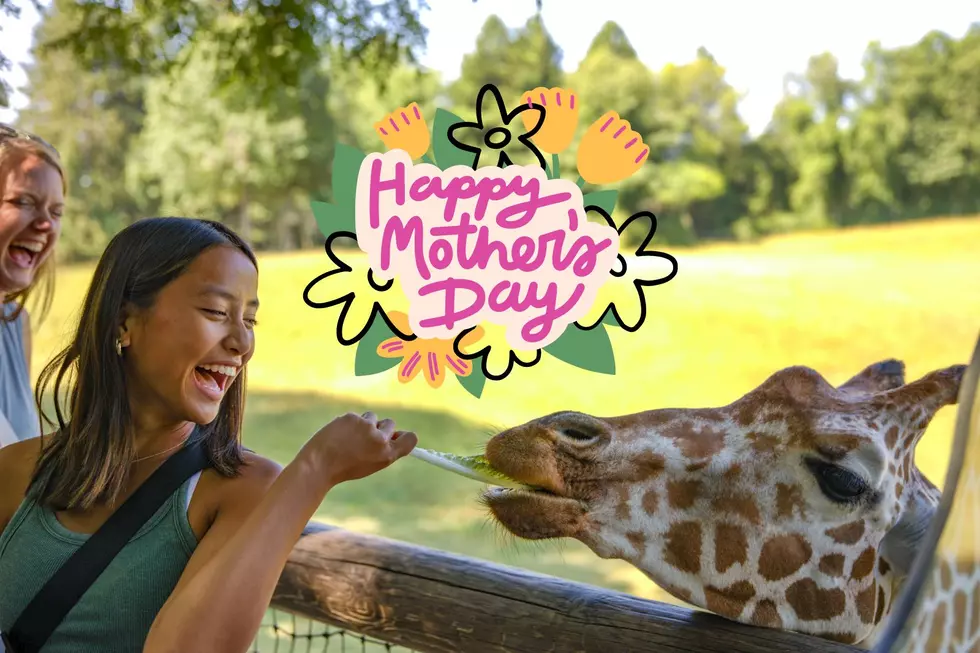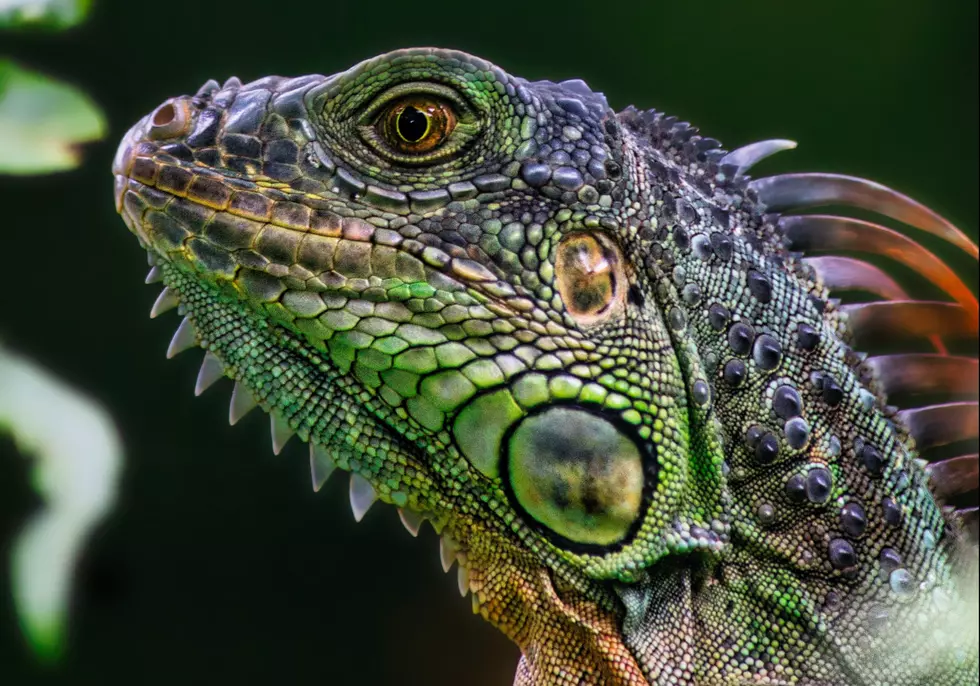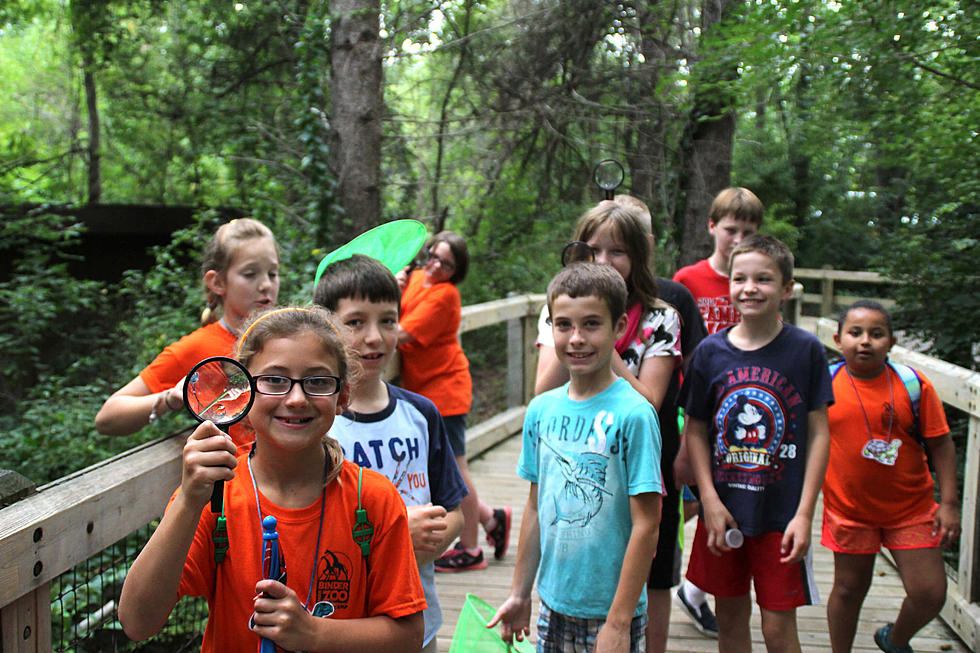
Binder Park Zoo Staff “Mothers” New Arrival
Binder Park Zoo has announced the birth of a rare colobus monkey, born on April 16, 2015. Zookeepers named the new male arrival Usi which is Swahili for eyebrows, a name chosen due to his very impressive eyebrows at birth.
Usi’s parents are mother Azizi, born at Binder Park Zoo in 2006, and 7 year old father Christopher, who came to the Zoo in 2012. Azizi had very poor parenting skills so Usi was hand raised by the animal care staff. For several months the staff came in to feed Usi every three hours, sometimes spending the night to catch the midnight and 3 am shifts. At seven months old, Usi has been successfully reintroduced to his parents and the colobus troop and he is doing very well. He will be on exhibit this spring.
Usi is the second baby colobus monkey born at Binder Park Zoo; Usi’s mother was the first born at the Zoo in 2006. With this new addition, the zoo now has a troop of five colobus monkeys.
In a release, the zoo says "The Association of Zoos and Aquariums manages the captive populations of colobus in the United States through a Species Survival Plan (SSP). Genetic compatibility and the zoo’s ability to care for a colobus troop form the basis for breeding pair approval. Binder Park Zoo currently participates in 39 Species Survival Plans.
"Many monkey species, including the colobus, are in grave danger of two escalating problems in Africa. The first problem is deforestation, which results in a loss of habitat. The second problem is the Bushmeat Crisis, which results from an illegal network of poachers who hunt and kill African wildlife for their fur and meat. The destruction of the colobus species is advancing at an alarming rate. According to the Association of Zoos and Aquariums (AZA), through which Binder Park Zoo is accredited, the Bushmeat Crisis is the most significant and immediate threat to wildlife populations in Africa today. Through education, media support, field conservation, and policy development, the AZA, along with member AZA zoos, have high hopes that this crisis can reach resolution.
"In the wild, a troop can consist of 50 monkeys and more. Troops usually include one male, several females and their offspring. The babies are born after 5 to 7 months and are almost completely white. They begin to turn black and resemble their parents after about 3 months. Unlike many other animal populations, the adult colobus are very curious about the youngster and take turns holding the baby so the mother can rest and forage."
Source: Binder Park Zoo
More From WKFR









